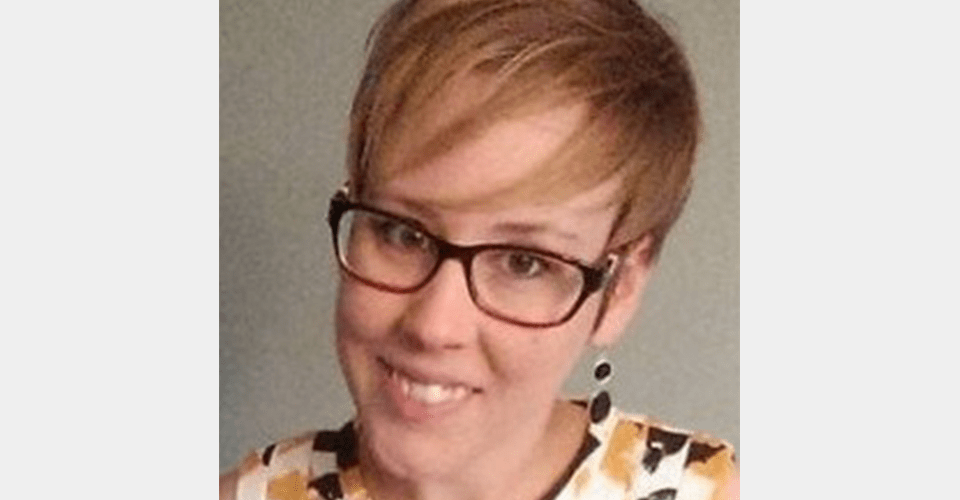by Mia Kweskin
Cassidy Thompson is one of three graduate writing fellows at The Writing Center. As a grad fellow, she splits her time between tutoring students and working on her own dissertation through workshops with The Writing Center staff. Cassidy studies how hair and fur affect the relationship between humans and animals in thirteenth-century French literature. She offers a glimpse into the life of a graduate writing fellow.
M: Why did you apply to be a grad fellow at The Writing Center?
C: I applied to be a grad fellow because I was interested in learning more about the writing process and gaining pedagogical training on how to think about writing as a process in the classroom.
M: What has your experience as a fellow been like?
C: My experience as a fellow has far exceeded my expectations. I have learned so much about the writing process, how to productively respond to student writing, and how to have realistic expectations about my own writing. The staff at The Writing Center is incredibly supportive and understands the realities and challenges of being a graduate student at the dissertation stage. I had never take advantage of The Writing Center’s services prior to this fellowship and now I recommend it to everyone.
M: What does the program involve?
C: The program basically demands six hours of work a week. Four of those hours are individual tutoring sessions with students at the Writing Center. We meet approximately one hour a week as a group. These meetings vary between dissertation writing groups, where we share our own work, and general writing center meetings where we discuss topics ranging from training to professional advice/tips. The other hour is additional time to spend if we have readings to prepare before meetings.
M: What has been your favorite thing about being a grad fellow, and what has been most challenging?
C: My favorite thing about being a grad fellow has been working with students in individual tutoring sessions. I have not only had incredible conversations about the work being done around Wash U, but in working with others, I have actually learned a lot about how to improve my own writing. This same aspect of the program has also been one of the most challenging for me, because I feel like I have no authority to tell others about writing. Sometimes the prospect of commenting on someone else’s work while still struggling with my own was daunting. However, once I accepted that being a tutor doesn’t make you an expert, but a collaborator and a sounding board, I was able to fully enjoy my work.
M: Why would you recommend the fellowship to other grad students?
C: I would recommend this fellowship to other graduate students because I think that for most of our career as students we spend a lot of time learning about our individual subject areas or conducting experiments/analysis, but we never actually talk about how we actually write about that stuff. When we get to the dissertation stage, we think that we should just be able to produce a polished product, but the reality of writing a dissertation is quite different – the skills are not transferable. This experience has made me a better writer and teacher, who doesn’t want that?
